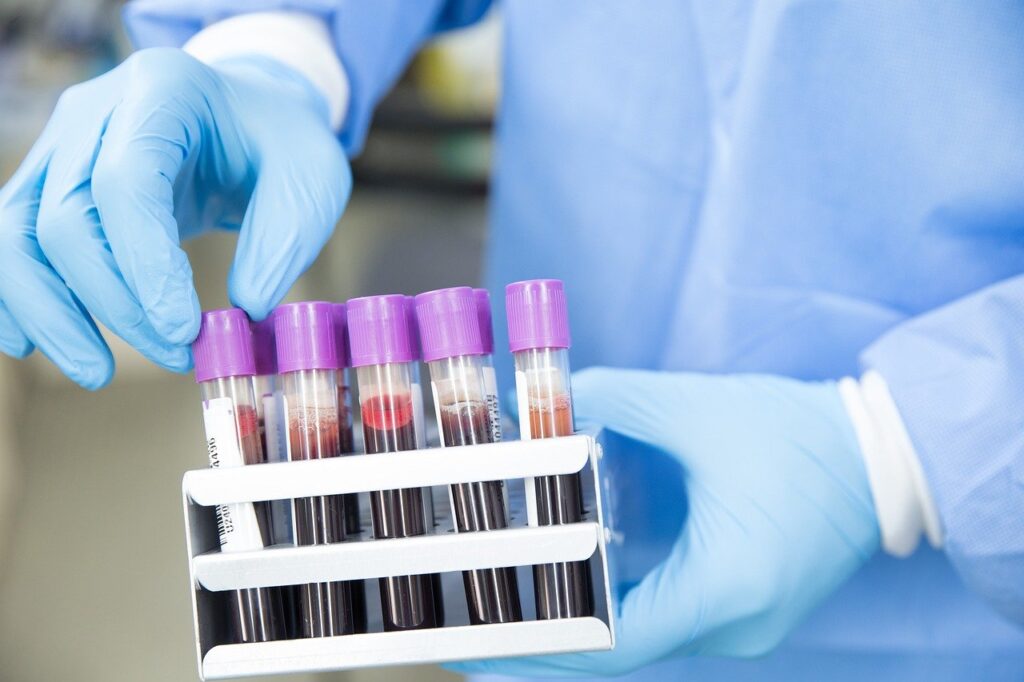
Today was a good day. It’s the kind of day that I feared nine years ago. It’s a day when the results of a test were revealed to me. Nine years ago I wasn’t even aware that I had taken a test. My annual physical arrived and my doctor who is a very laid back fellow had just gotten done admitting I was doing pretty well for someone who ate as many oatmeal cookies as I do and then he went outside to grab my lab results. He came back into the examining room while still peering down at the readout and then looked up at me and said In his laid back fashion , “I think you have prostate cancer.” His tone would have been the same if he was telling me that I had left the head lights on in my car .
Dr. Gitterman was right. What the score on a particular blood test showed to him was an acceleration from a previous quite insignificant PSA to a slightly significant PSA. He knew how to interpret the score in a nuanced fashion; what mattered to him was more the acceleration over a short period of time than the actual number.
As with my previous example of the Apgar test, I think we will all agree that this too is a pretty good test. I know that I will agree even though there are some doubters and criticsv of the PSA test that it was a really good test because it saved my life. The test result allowed an intervention before the cancer jumped beyond the prostate.
On the day of President Obama’s second inaugural, I had a prostatectomy at Hackensack Meridian Hospital in New jersey. My marvelous surgeon who has since gone on to become President of that whole system told my wife Immediately afterwards that the procedure went just the way he liked,“ it came straight out .” To hear somebody talking about the removal of my body part as being just the way they liked it is funny but also induced pride: my balky male gland did not embarrass me by getting stuck while headed out the door.
Nine years later, a notice arrived in my email this morning telling me that there was already a test result from the blood drawn just yesterday at my annual visit back to see my marvelous and very witty surgeon, Dr Ihor Sawczuk. Here’s what it said:
| PSA, TOTAL (Quest) | <0.04 ng/mL | < OR = 4.00 ng/mL |
That’s good: I am still cancer free. Anything under 0.1 is good. My cancer was never the threat to me that the malignancy has been and still is to many family and friends. Too many. The list of people for whom to pray never seems to get shorter. But my point here is that we appreciate tests like this one but many of us dislike or even loathe tests of achievement, (loaded word), aptitude (former loaded word) and attainment.
The comparison may seem too cute by half between medical tests and that other kind of tests. But While real psychometricians can have fits about how simplistic I am being, the honest ones would have to admit that both kinds of tests — indeed all tests — have a commonality. Testing when it is done correctly is one of our oldest methods of trying to fix on some truth Whether the truth sought is the ability to conjugate French verbs or what’s really going on in our nether regions, testing fits into a larger category of truth-finding. However, one of the significant differences between the two kinds of tests is that the former is always connected to some sort of intervention that will deal with any deficit or disease discovered. In other words, my internist, Doctor Benjamin Gitterman didn’t just say that it was interesting to have that score on the test and leave me to figure out what to do if anything. He referred me to a urologist who did further tests etc etc
Educational tests too often lack the connection to remediation; is this 2011 article on formative tests still true?. Their main focus appears to be the institution rather than the individual. (In a later post, I’m going to go into some detail about really good educational tests that I was fortunate enough to be around during their development while at ETS, but those Cognitively based assessments of, by, and for learning are still in a tiny minority in terms of tests actually used in educational settings.) Why can’t we have good tests everywhere? Why can’t we have diagnoses of what’s going on as quickly as I received today’s good news?
In looking at your own personal history of testing, consider the stark difference between any medical tests that you have received that conveyed critical information and the overwhelming majority of educational tests that you took that gave a snapshot of some construct, some “concept or characteristic that can’t be directly observed, but can be measured by observing other indicators that are associated with it.”, and told you nothing about how to get a better score, about how to learn what you needed to learn.
My perhaps unrealistic motivation in trying to gather from others on this blog different stories of their personal history of testing is to highlight the ways in which testing has and has not served individuals. The weight of that history might prove persuasive in accelerating the movement towards “the good tests”. Therefore, I thank the few folks already who have shared some of their personal history of testing and invite others to do the same for what I believe is a very good cause. This is not a test; this is a request: consider offering some part of your personal history of testing.